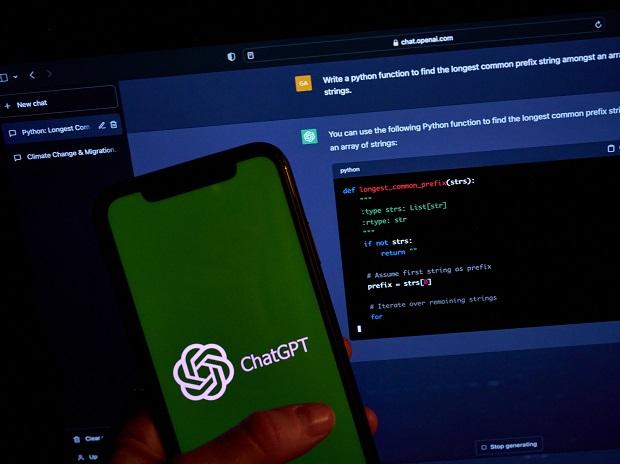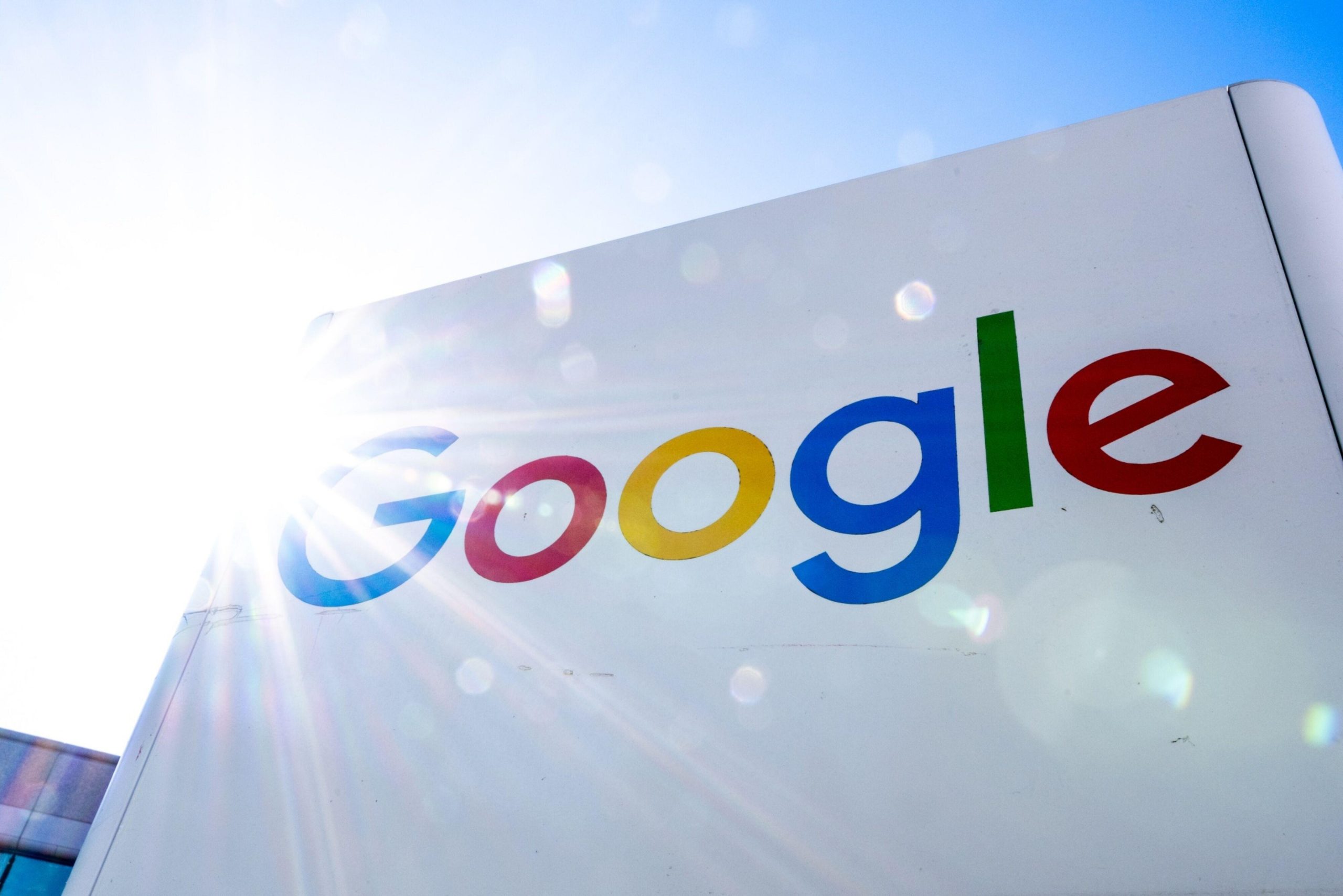Applications based on generative artificial intelligence (AI) are set to be the new frontier for big tech companies. Soon after the US-based OpenAI kicked off the race with its conversational styled chatbot service named ChatGPT, Microsoft announced fresh investment of $10 billion in a multi-year multi-dollar deal with the company. It later announced ChatGPT integration in two of its offerings – Edge browser and Bing search.
In a quick succession, another US-based tech major, Google, announced Bard – a generative AI-based chatbot for its search engine. Joining the race soon would be China’s Baidu and Alibaba, which are working on similar offerings.
So how is the space shaping up? Let us take a look:
Microsoft
Microsoft has been associated with OpenAI since its early days, building the artificial general intelligence (AGI). The company invested $1 billion in OpenAI in 2019, followed by another round of investment in 2021. The $10-billion investment this January is its most recent.
On February 7, the company announced upgrading its Edge browser and Bing search with AI. These two are its first consumer-facing services to leverage OpenAI’s large language model, which is said to be more powerful than ChatGPT and customised specifically for search.
Microsoft said the new Bing brings a unified experience to deliver better search, more complete answers, a new chat experience and the ability to generate content. Starting with the search function, the new Bing search result page has been reworked to show a sidebar on the right for comprehensive answers with annotation for easy references, and webpage results listings on the left for familiar experience.
For complex questions, such as planning a detailed trip itinerary, for which there is not a precise answer and search alone is not good enough, there is a new Chat experience in Bing. It is similar to conversational-styled chatbots where you input queries and continue the conversation until you get exactly what you are looking for.
Coming to the Edge browser, it gets new AI capabilities besides cosmetic changes for things to look for. The AI powers two new functions on the browser – chat and compose. The Chat function is designed to help users get meaningful takeaways from web pages. The Compose function enables users to write posts, emails, blogs, and more.
The core difference between OpenAI’s ChatGPT and Microsoft’s offering is that the former works on a database with information until 2021, but the latter also leverages the web to show results that are up to date.
ChatGPT was considered a threat to search engines, including Bing. With AI integration, Microsoft seems to have made it future-proof. Parallelly, it ups the game by bringing new AI capabilities to the Edge browser that may give it a first-move advantage in time to come.
The new Bing is available in a limited preview on desktop with wide-scale availability planned in the coming weeks. Microsoft said the Bing mobile experience will be in preview soon.
Google advanced in the conversational AI race with the launch of its own AI large language model in 2021 called Language Model for Dialogue Applications (LaMDA). But it missed the opportunity to introduce its own consumer-facing product based on LaMDA, which it now hopes to change.
A day before Microsoft announced the new Bing and Edge, Google announced Bard – its generative AI chatbot that will be integrated in Google Search. Google said, “Bard draws on information from the web to provide fresh, high-quality responses.” In this regard, Bard is expected to be more similar to Microsoft’s Bing than OpenAI’s ChatGPT.
Google is yet to come out with details about Bard, though.
In the promotional video showing Bard in action, the chatbot responds to a question about what to tell a 9-year-old about new discoveries from the James Webb Space Telescope (JWST), saying that the JWST was used to take pictures of a planet outside the Milky Way. This is not true and the error was spotted by Reuters ahead of the Bard announcement. This, apparently, made Google parent Alphabet lose $100 billion in market value in the regular trading hours on February 8.
Baidu and Alibaba
Baidu introduced its AI-powered large language model called Ernie in 2019. According to the company, it is able to perform tasks including language understanding, language generation, and text-to-image generation. The company’s generative AI-based chatbot is expected to launch in March, according to Reuters.
Joining Baidu in China would be the Alibaba Group, which on Wednesday said it is developing a ChatGPT-style tool that is currently being tested internally, according to Reuters.
Note:- (Not all news on the site expresses the point of view of the site, but we transmit this news automatically and translate it through programmatic technology on the site and not from a human editor. The content is auto-generated from a syndicated feed.))



